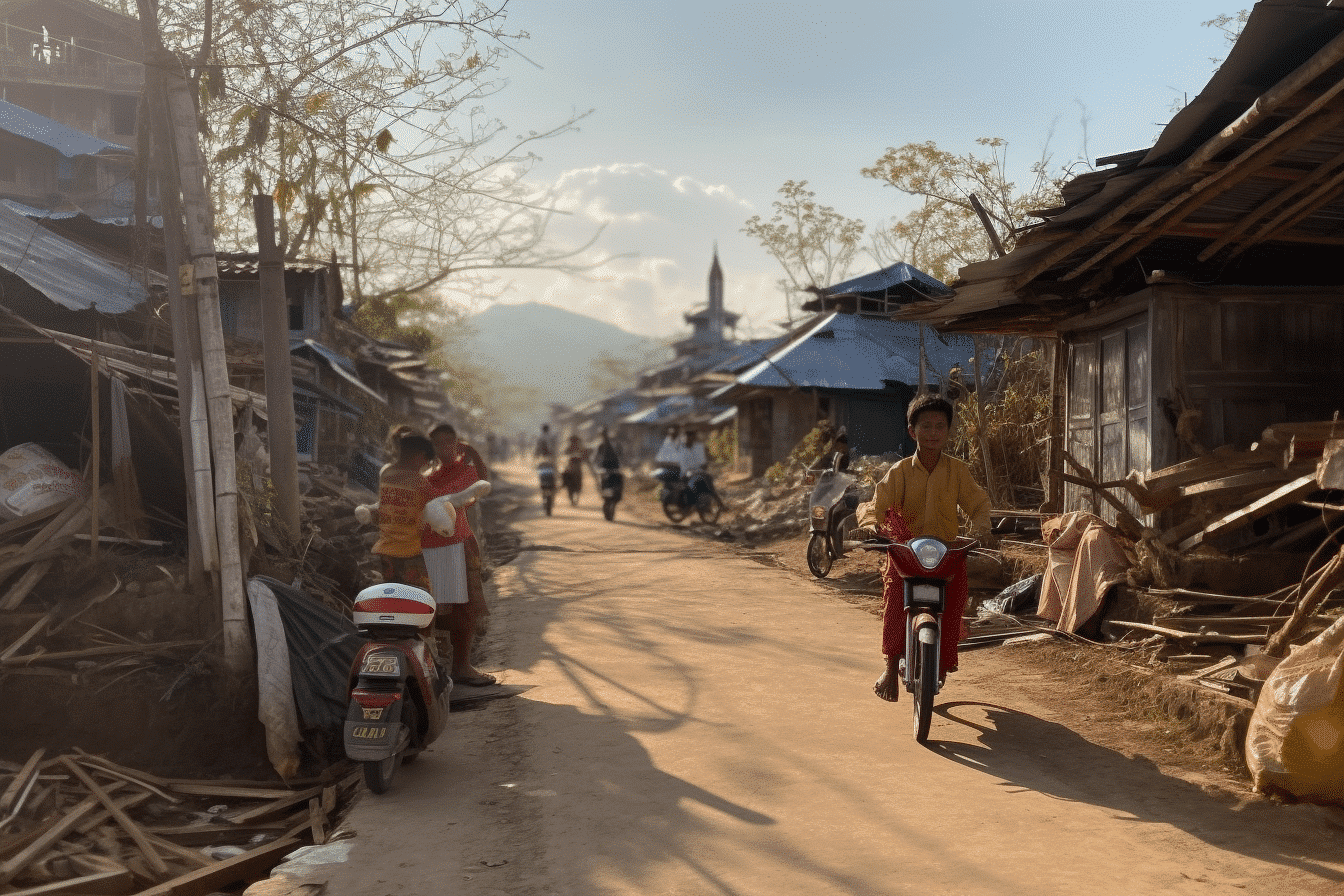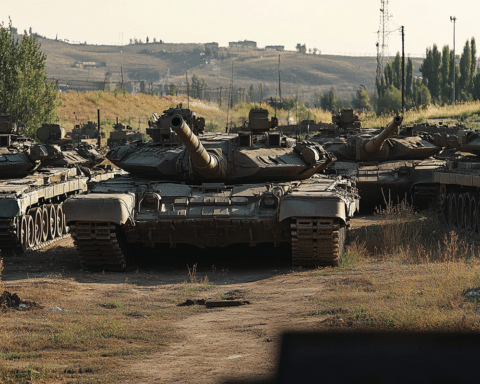The United Nations voiced its concern about the dearth of aid reaching cyclone-impacted regions in Myanmar, cautioning that the country might soon grapple with a severe food shortage if farmers do not promptly undertake planting activities.
Cyclone Mocha ravaged the western Rakhine state and surrounding areas last month, causing hundreds of fatalities and destroying thousands of homes.
“The destruction is vast,” stated Titon Mitra, a UN representative stationed in Yangon, Myanmar’s largest city. He described powerful winds that distorted telecommunications towers, cleaved concrete posts, and uprooted trees, some over a century old.
According to the UN, approximately 700,000 residences have been damaged, and heavy rainfall and storm surges have severely impacted the agriculture and fisheries sectors.
Among the worst affected are the Rohingya minority, who have resided in congested displacement camps after losing their homes in the harsh 2017 counterinsurgency operation led by Myanmar security forces.
The UN is also troubled by the potential spike in diseases such as dysentery due to waterways being contaminated by waste.
While Myanmar’s military government has distributed some aid, the UN stressed that considerably more is required.
“The global community needs to gain broad access to the impacted communities,” Mitra urged. “This need is critical. Merely providing relief is insufficient.”
He also highlighted the looming threat of famine. Crucial infrastructures, such as roads and bridges that connect farmers and fisheries to markets, have been washed away, and seed reserves have been lost.
“If immediate planting doesn’t commence in the next few weeks, we might witness a significant food crisis unfolding in the subsequent months,” Mitra warned during a UN briefing in Geneva. “We foresee a major issue with food accessibility and affordability unless an adequate response is implemented.
“This moment calls for depoliticization and demilitarization of aid, as the needs are incredibly high,” he stressed, pointing out that about 1.6 million individuals require assistance. “Many lives hang in the balance, and we risk perpetuating an endless cycle of suffering.”
The escalating situation in Myanmar calls for an urgent, collective, and depoliticized global response. While the immediate focus is to address the pressing needs for shelter, healthcare, and food security for the 1.6 million affected individuals, long-term planning and investment in the country’s resilience to such natural disasters are equally imperative. The world must unite to prevent the aggravation of an already dire situation in Myanmar, to avoid the perpetuation of suffering and foster a sustainable recovery for all its residents.




